A nation is being forged by stoic resistance and suffering
‘Slava Ukraini’ (Glory to Ukraine).
The small party which met us roared back, ‘Heroyam Slava’ (Glory to the heroes).
I was in the city of Poltava in the mid-east of Ukraine with my brother Richard and his wife, Jo. We were going to inspect the aid work which his group is supporting, to meet the people involved, to investigate new projects – and to show solidarity with the Ukrainian people.
The 15 hour drive from Romania had been singularly uneventful, with an endless vista of the country’s flat, chocolate-black fields which are so famously productive. The only visible signs of war were the makeshift pillboxes and anti-tank obstacles on the side at road junctions.
The first things we noticed when we arrived in the centre of Poltava were the grand boulevards, a McDonalds, and an electric vehicle charging point. But there was virtually no street-lighting, the fast-food outlet was shut (with the evening curfew approaching), and there are no electric cars. Instead, the city of 280,000 – a safe 350 kilometres from the front-line – is struggling to cope with around 100,000 refugees from the east and north of Ukraine.
Next day, we were taken by our remarkably dedicated NGO host, Natalia, to meet displaced families living in single rooms in crumbling, Soviet-era blocks, which her NGO administers. We met Alexandriya, the smiling mother of Marina, aged about 35 and with learning disabilities. Both women were immensely welcoming as they showed us their twin-bed room, harshly lit with a single lamp-bulb, and strewn with Marina’s new collection of dolls. Alexandriya told us (via an interpreter) that they had been stuck in a basement shelter in their home city of Kharkiv (about 140 kilometres north-east of Poltava) for 40 days after the ‘Great Invasion’ of February 24 last year. They finally escaped with nothing but the clothes they were wearing. Round the corner, in a damp and yellow-peeling hallway, we talked to an exhausted but beaming young mother, Anya, dressed in black and proudly holding her 10 month old baby son, Bogdan. From the room behind her came the wailing of her elder son, endlessly frustrated by being cooped up in a small space, crowded with hanging clothes.
One floor up, we met Irina, a well-educated factory manager, perched in her open doorway and looking elegant despite wearing a tracksuit. She is volunteering in Poltava’s botanical gardens, partly in order not to get depressed. She also fled from Kharkiv, after her apartment block, which is near a military base, was hit six times. The building still has no gas or water and most of the windows are broken.
These refugee stories are the tangible reality of a vast scale of civilian suffering – quite apart from those killed or wounded in the occupied areas. According to the UN High Commission for Refugees (as of April 18), 8.2 million refugees have fled Ukraine while 5.3 million people are internally displaced inside the country. Thus 31% of the pre-war of 44 million inhabitants are internal or external refugees.
Even so, it is easy for those of us living in the western half of Europe to feel jaded about this fourteen-month old war – to think that it has no relevance for us, or that there is no reason to pay more attention to this conflict than the many others, mainly in Africa. However, the war in Ukraine is by far the biggest scale battleground currently in the world, and it is virtually on our doorstep. Ukraine’s invasion by Russia is existential, since Putin has stated that Ukraine is a fiction and cannot be separate from Russia. Russian propaganda is on a par with that of Nazi Germany when it invaded Poland in 1939 (simultaneous with the USSR): the aggressor claims that it is acting defensively, that the Western powers have forced its hand, and that it is acting to protect its own ethnic group inside the victim state. Should Ukraine be overrun by Russia, Moldova is likely to be gobbled up as an after-thought, and Putin’s murderous, bullying aggression will not stop there.
In the long scale of European history, what Putin is actually doing, in effect, is inadvertently creating a strong Ukrainian identity (as well as reinvigorating Nato). Loosely-defined ‘Ukrainian’ peasantry (sometimes called Ruthenians) have existed for a millennium, most notably during the 10th and 11th centuries of Kievan Rus’ (when neither Muscovy nor Russia existed) and later during the brief, self-governing Cossack Hetmanate in the second half of the 17th century (which was extinguished by Russia and Poland).
However, only since 1991 has Ukraine been an independent state, albeit fairly shaky and pervaded by corruption (like its neighbours, Russia and Romania). But now, since the illegal annexation of Crimea by Russia in 2014 and especially since the full-scale invasion of February 24, 2022, there is a new vigour in Ukraine: everyone agrees that Ukrainians are Orthodox eastern Slavs who are united in their determination not to be Russian (or Polish) – that is, everyone who is not ethnically or culturally strongly Russian.
In Ukraine there is now a fierce hatred of Russia and all things Russian, even Tolstoy and Tchaikovsky: “how can they listen to Russian music or read Russian literature”, one woman said to me, “when their fathers are fighting Russians”. The most shocking demonstration we saw of this was in a smart and well-run primary school. We were greeted by a group of children in national costume singing a new folk-rock song called Ukrainian Incantation (Unto each Russian invader). Each verse was a witch’s curse:
How many rye seeds
Went into our holy soil.
Just as many times, foe,
Shall thou be destroyed…
How many steps, foe,
Make thou in Ukraine.
That many of thy clan folk
Shall end in an early grave…
Nearly everyone we met was sure that ‘we will win’. The only exceptions to this optimism were the eight wounded soldiers whom we met in a dilapidated rehabilitation hospital. They were quiet and listless, except for one man who told us, ‘Stop this crazy thing… I haven’t seen my baby child for six months.’
After the terror of the first three months and the massive disruption of the massed missile strikes during December-February, war has become normal (outside the eastern regions). People ignore the air-raid sirens, unless they go on for a long time. Most road blocks are not manned. Everyone is getting by with far less. And, in the Ukrainian Parliament, the many different factions continue to struggle for control, united only in their anti-Russian fervour. However, it is not as simple as that, since 17% of Ukraine’s pre-war population identified as ethnically Russian (in the only full census that has taken place in independent Ukraine, in 2001), and, in a Ukrainian survey in 2010, 33% gave Russian as their native language. Not surprisingly, this significant minority is under siege, and in fact many have already left (according to the UN High Commission for Refugees, Russia now has 2.8 million refugees from Ukraine). A prominent Ukrainian MP stated in March that ‘we are currently working on a constitutional way to forbid pro-Russian parties in the future.’
President Zelensky is a positive, uniting factor, but the political class as a whole is widely recognised as deeply corrupt. Remarkably, we saw only one poster of Zelensky in our entire trip. The other major force inside Ukraine is religion. A well-reputed annual survey in Ukraine (excluding the occupied areas) found in 2022 that 90% of those who gave a clear answer identified as Christian (nearly all Orthodox), against 9% no religion and 1% other religions.
But what does religion mean in a country at war? All too easily, religion can be bound up with nationalism. Indeed, currently there is a stand-off at the most famous monastery in Ukraine, Kyiv’s Monastery of the Caves, where the abbot is under house arrest for allegedly justifying Russian aggression.
Our small group of Hudsons went to a beautifully sung mass in the small, shack-like Church of the Holy Trinity on the outskirts of Poltava. The service was Ukrainian Greek Orthodox (which accounts for 8% of the population, mainly in the west), which is in communion with Rome. Afterwards, we spoke with Father Maks, a chaplain to the Ukrainian military. On the pine-wood wall at the back of the brightly painted church he had hung the national flag, signed by 28 soldiers to whom he had ministered – five of whom have been killed since Christmas. Father Maks had also signed the flag, writing “We will win, because God is with us”, a sentiment he echoed in conversation.
However, the sermon was different. It was given by the relatively young, piercing-eyed Father Ignatius, Rector of the Monastery of Volodymyr the Great, which is in the city of Kherson in eastern Ukraine, on the front-line of war. Father Ignatius had managed to slip south across the river Dnieper for a much-needed rest after enduring a year of war and shelling, He is going back there, having chosen to remain in the occupied zone in order to serve his people, including distributing humanitarian aid and food to those in the surrounding area.
In his sermon, carefully interpreted by Natalia (from our NGO host), Fr Ignatius spoke of a terrifying moment at the beginning of the Russian occupation when five soldiers came to the monastery. He did not know what they wanted. Then it became clear that the soldiers, too, were fearful. They told him that they believed in God, and that they wanted simply to talk. Fr Ignatius kept telling himself, “try not to hate them.” Finally, one of the soldiers held out his hand. Fr Ignatius reluctantly took it, “praying in my heart that I could let go of my knowledge of what these people had done.” For a moment, they were able to be together as one.
“If you want peace in your heart,” said Father Ignatius, “you have to say please forgive me, again and again.”
In the long run, if Russia somehow changes and wants peace – a very big ‘if’ – then Ukraine must also learn to live in harmony with its huge neighbour. To achieve this, Fr Ignatius’s message is needed as much at the national level as at that of individuals. There is a recent example of the success of this approach. After two centuries of mutual hostilities, Germany launched a full-scale invasion of France in 1939. Yet, only five years after the end of World War Two – and the total defeat of Germany – the two countries reconciled in a visionary and practical way, with the French Schuman plan of 1950, which led to the founding in 1951 of the European Coal and Steel Community, the precursor of the European Union.
Mark Hudson
Maio, 2023
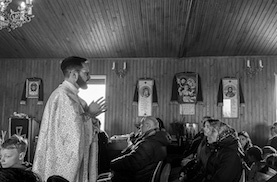
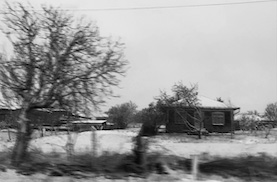
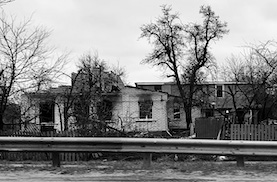
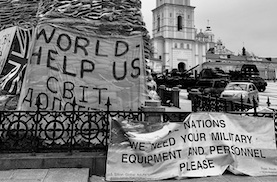
Fotos de Mark Hudson




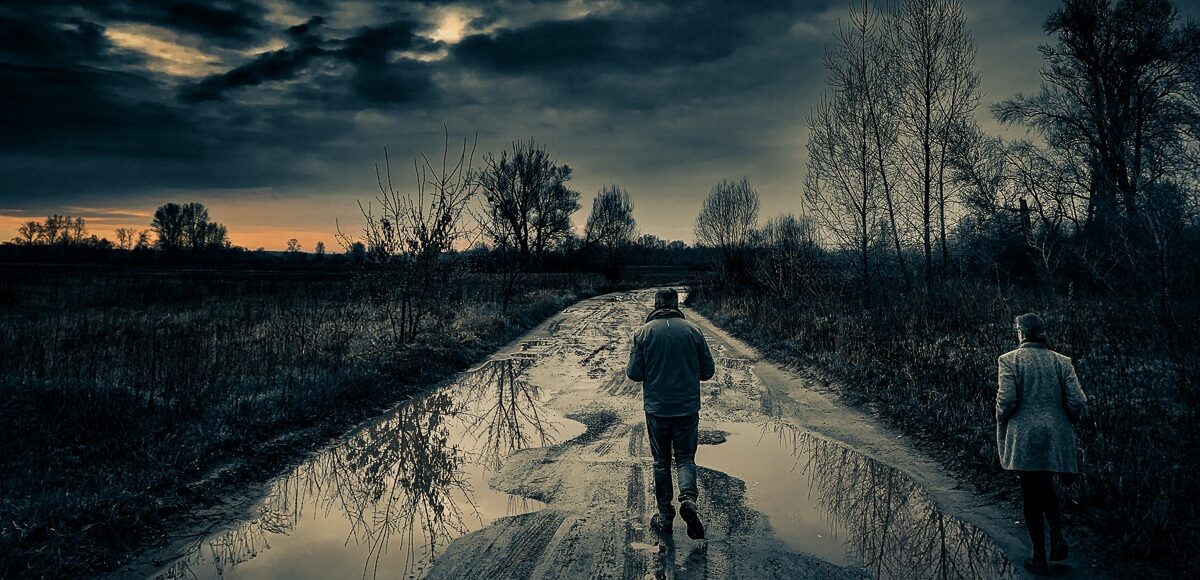
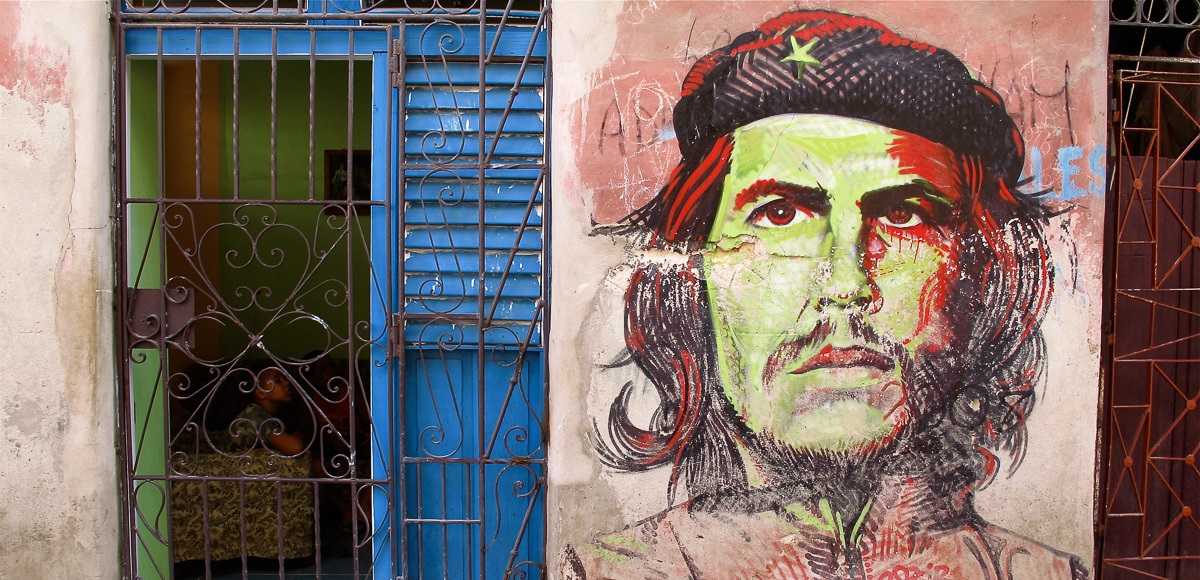


Jose Vaz Carneiro | 2023-05-07
|
Desde o primeiro dia da independência que a Ucrânia é um país fracturado, pró russos de um lado, ruthenianos do outro. E, tal como nesta guerra, é o povoléu que paga.
Quando a perestroika aconteceu, foi prometido por escrito a Gorbachev, que não haveria qualquer alargamento da NATO. O pacto de Varsóvia foi rescindido, mas as promessas dos EUA não foram cumpridas. Em meados dos anos 90 a NATO absorveu a república Checa, Hungria, e Polónia, seguidos da Bulgária, Romenia, Eslovaquia, Eslovenia, e os três países bálticos. Contra a opinião de todos os dirigentes políticos europeus, os EUA preconizavam o alargamento da NATO à Georgia e Ucrânia. E tudo isto para defender o “ocidente” do urso, russo desdentado e desunhado depois do desmembramento da união soviética.
Ameaça existencial à Russia (e não à Ucrânia). O plano era encurralar a Russia no Mar Negro. Foi isto que desencadeou a agressão russa. E no final, para acabar com esta guerra, basta os americanos e acólitos europeus renunciarem ao alargamento da NATO à Ucrânia e Georgia.
Ponto final.
Mas o Complexo Militar Industrial e os corruptos Zelenski e companhia não querem tão simples solução. E a grotesca guerra continua, com a aquiescência duma europa completamente submissa aos EUA.